Happiness is not a reward - it is a consequence. Suffering is not a punishment - it is a result
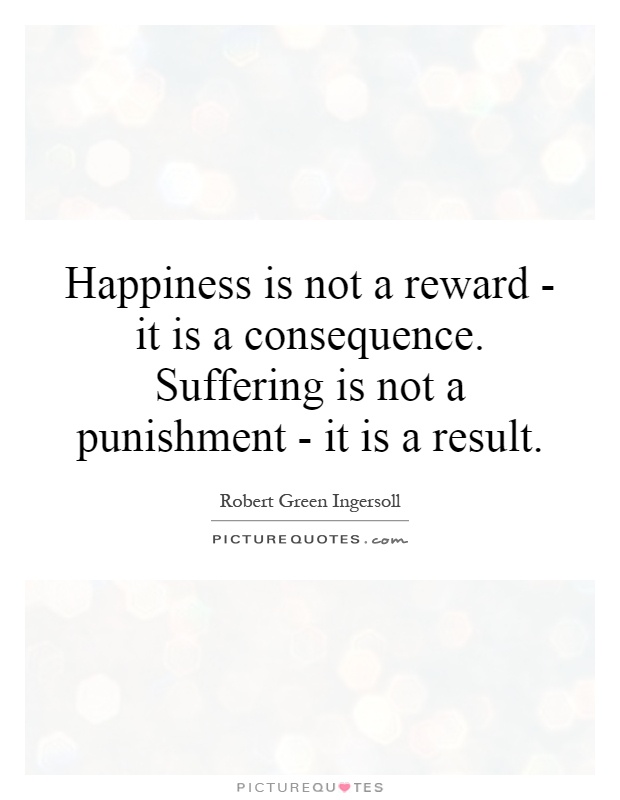
Happiness is not a reward - it is a consequence. Suffering is not a punishment - it is a result
Robert Green Ingersoll was a prominent American orator and agnostic who lived in the 19th century. He was known for his speeches and writings that challenged traditional religious beliefs and advocated for reason and humanism. Ingersoll believed in the power of individual autonomy and the importance of living a life guided by reason and compassion.In the context of the quote, "Happiness is not a reward - it is a consequence. Suffering is not a punishment - it is a result," Ingersoll's philosophy aligns with the idea that happiness and suffering are not external forces imposed upon us by a higher power, but rather internal states that are influenced by our actions and choices.
Ingersoll believed that happiness is not something that is given to us as a reward for good behavior, but rather a natural consequence of living a life in alignment with our values and principles. He argued that true happiness comes from within, from cultivating a sense of purpose and fulfillment that is not dependent on external circumstances or material possessions.
Similarly, Ingersoll viewed suffering not as a punishment inflicted upon us by a vengeful deity, but as a result of the inevitable challenges and hardships that come with being human. He believed that suffering can be a catalyst for growth and self-discovery, leading us to develop resilience and empathy for others who are also experiencing pain.
Ingersoll's philosophy encourages us to take responsibility for our own happiness and to approach suffering with courage and compassion. By recognizing that our actions and choices have a direct impact on our well-being, we can cultivate a sense of agency and empowerment in our lives.





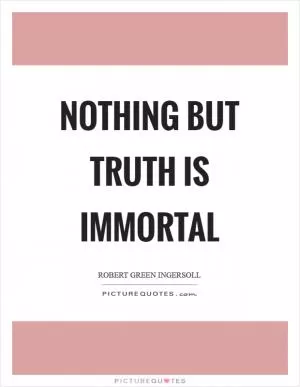
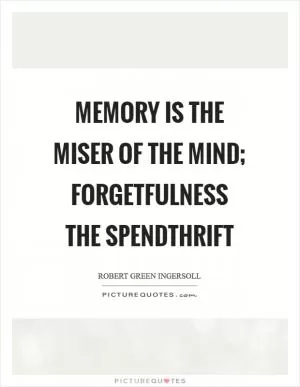


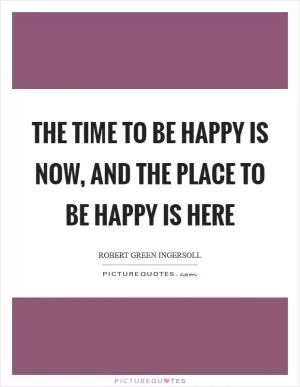

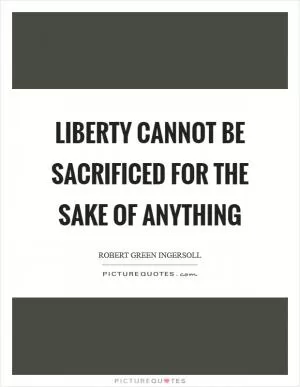
 Friendship Quotes
Friendship Quotes Love Quotes
Love Quotes Life Quotes
Life Quotes Funny Quotes
Funny Quotes Motivational Quotes
Motivational Quotes Inspirational Quotes
Inspirational Quotes